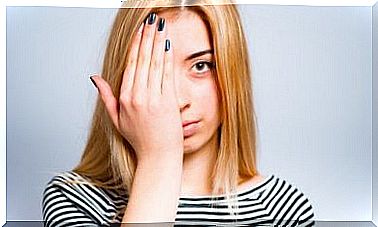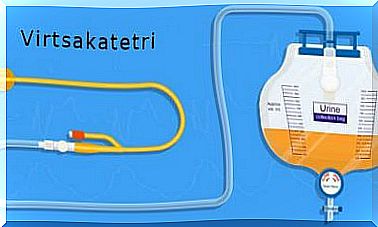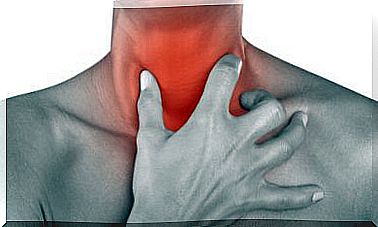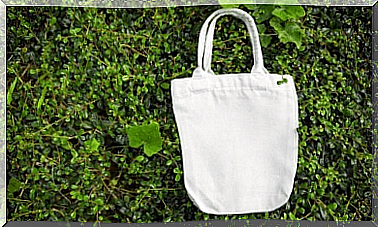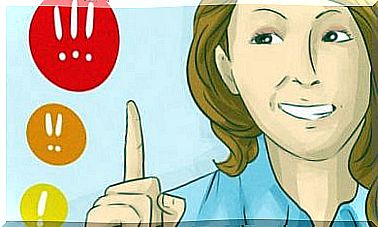What Happens If You Get Too Much Vitamin D?

Ingesting vitamins is essential to stay healthy, energetic, active and full of life. But you may not be aware that even these supplements should only be ingested in certain amounts, as an overdose of some vitamins, such as vitamin D, can be harmful. In this article, we will tell you what happens if you get too much vitamin D.
When you start eating vitamins, it is necessary to check how much you need and what is the maximum daily dose. You should not just march to the pharmacy, buy a small jar of medicines and eat them without further information and advice.
Remember that many foods and beverages already contain the vitamins you need for your daily dose. Therefore, taking a supplement does not make sense and can even be harmful to your health. Excess in any matter is bad.
Sunlight converts cholesterol into vitamin D. Some people get enough sun and their diet is such that it meets their vitamin D needs. Others, in turn, need a vitamin D supplement to supplement their low intake of this nutrient. The problem, however, is that it is eaten without a doctor’s prescription and at any dose.
At some point, it can cause poisoning. Today, we take a closer look at this very problem.
Vitamin D Poisoning – When You Get Too Much Vitamin D.

Vitamin D is insoluble in water, which makes it difficult for the body to get rid of it – hence it accumulates in the body. This nutrient acts like a steroid hormone and circulates within cells.
When there is too much vitamin D in the body, the places where this vitamin goes – such as protein receptors and carriers – are filled and unable to properly bind it.
From the moment this compound is released into the body, the body begins to increase the absorption of calcium in the intestine. This causes hypercalcemia. Other places affected by this are soft organs such as the lungs, kidneys and heart.
Some minor ailments that may also occur include:
- Nausea and vomiting
- Constipation
- Muscle fatigue and bone pain
- Anxiety and depression
- Complexity
The recommended daily dose of vitamin D should be less than 4,000 IU. The likelihood of getting vitamin D poisoning through food or sunlight is minimal. For a state of intoxication to occur, human vitamin D levels in the blood must be greater than 150 ng / ml (375 nmol / l).
Fortunately, almost all cases of poisoning are reversible. In addition, very few of them cause calcification of the arteries or kidney failure.
Symptoms of poisoning
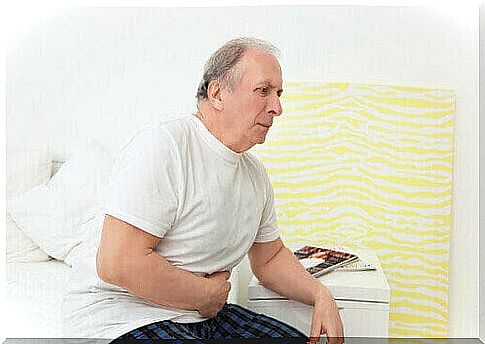
Sometimes vitamin D poisoning does not cause any symptoms. However, in moderate cases, the following problems may occur:
- Hypercalcaemia
- Nausea and vomiting
- Constipation
- Anxiety
- Weakness
- Altered consciousness
- High blood pressure
- Kidney deficiency
- Hearing loss
Steps to eliminate vitamin D poisoning
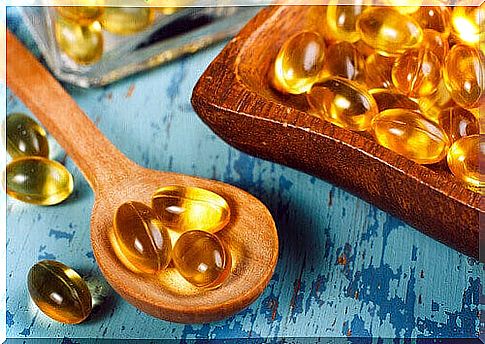
- First, you need to go to a doctor who will prescribe the necessary tests to find out the level of this substance in your blood. It is important not to go to the laboratory without a medical examination.
- If your blood vitamin D levels are abnormally high, stop taking vitamin D supplements. Even with ingestion of 10,000 IU per day, the risk of poisoning is low. However, it is better to eat less than 4,000. For children and the elderly, 700 IU is an adequate dose.
- You need to be aware of how much vitamin D you take per day. If you get enough sunlight, it is not necessary to eat a supplement. In general, this supplement is intended for people living in places where there is little sunlight available.
- Estimate the amount you get from your food. Fish, beans and vitamin D milk or orange juice receive 600-1000 IU per serving. This, and exposure to the sun, is enough.
- It is also necessary to reduce the intake of supplements or foods high in calcium.
- At the same time, increase your intake of products that contain sodium, as well as drinking liquids.
It is good to note that excessive vitamin D in the blood may not show symptoms until months or years later, so the problem is difficult to detect. You need to be able to distinguish its symptoms from other diseases and be prepared for change.
